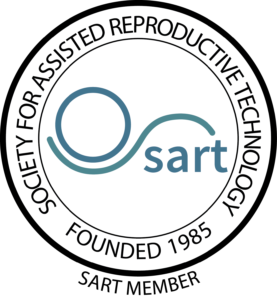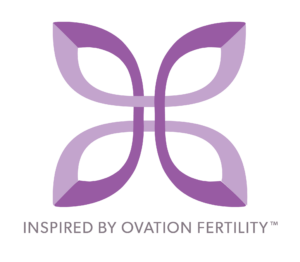What to Expect from the IVF Process
 No matter where you are on your journey to parenthood, you’ve probably heard of in vitro fertilization, or IVF. The IVF process allows a woman’s eggs to be fertilized in a laboratory, rather than inside the woman’s body, bypassing many of the infertility barriers that get in the way of pregnancy.
No matter where you are on your journey to parenthood, you’ve probably heard of in vitro fertilization, or IVF. The IVF process allows a woman’s eggs to be fertilized in a laboratory, rather than inside the woman’s body, bypassing many of the infertility barriers that get in the way of pregnancy.
For many women and couples who visit our Tennessee fertility center, IVF is the answer to their greatest hope: having a child.
The IVF process, from beginning to end
The multi-step IVF process can take six weeks or longer, with frequent visits to our Tennessee fertility center along the way.
- Ovarian stimulation. In the first phase of IVF, you inject ovarian stimulating hormones for up to two weeks, which causes multiple egg-containing follicles to grow at about the same pace. Your fertility specialist performs frequent sonograms to monitor the progress.
- Egg retrieval. When the follicles reach the right size, you go under light anesthesia, and your fertility specialist extracts your eggs using a long sonogram-guided needle and a vaginal approach.
- Fertilization. In the IVF lab, an embryologist fertilizes your eggs, either by mixing them with sperm or by injecting one sperm into each egg in a process called ICSI, or intracytoplasmic sperm injection. The fertilized eggs, or embryos, are placed in an incubator, where their growth is carefully monitored.
- Embryo transfer. After three to five days, the embryologist will evaluate the development of the surviving embryos, giving each one a “grade.” Then comes the most exciting part of the IVF process: one is chosen for transfer into your uterus using a thin catheter. The remaining embryos are frozen. When we add PGT to this process, it improves upon the embryo evaluation by looking inside the DNA. When we add this genetic testing, you will freeze your embryos for later transfer.
- Implantation support. Before and after the embryo transfer, you will take additional hormones to prepare and maintain the lining of your uterus. During this time, you’ll need to take progesterone by at-home injection or vaginally, until the pregnancy is well-established – up to nine weeks after a positive pregnancy test.
Is IVF right for you?
The IVF process is often the best choice for women and couples struggling with a wide range of fertility issues, including blocked fallopian tubes, diminishing ovarian reserve and severe male factor fertility problems.
To find out if the IVF process might be right for you, you’ll need a comprehensive medical evaluation by a reproductive endocrinologist. Contact us to schedule an appointment with an IVF specialist at our Tennessee fertility center.
Tweet





